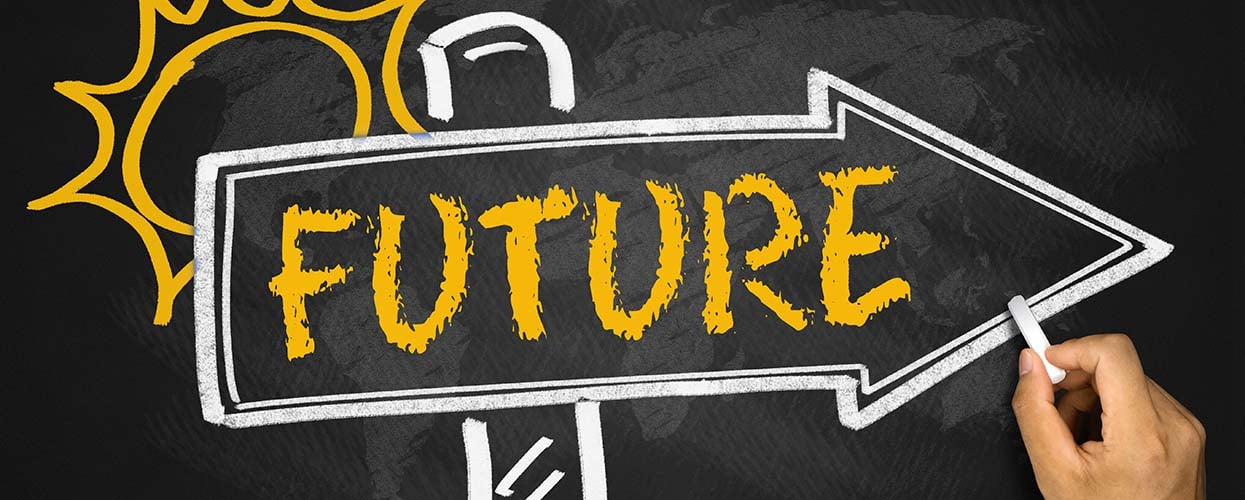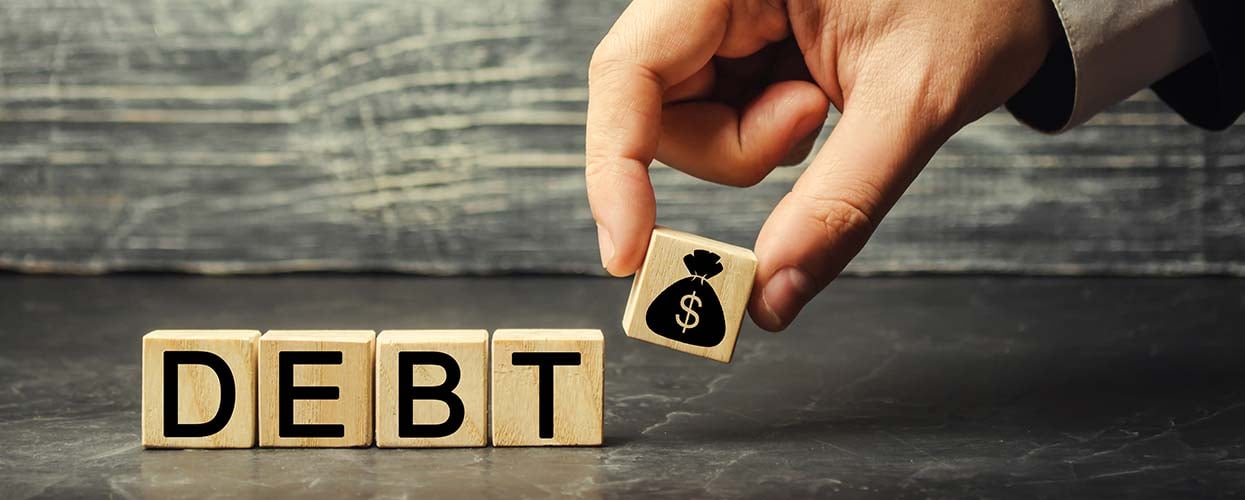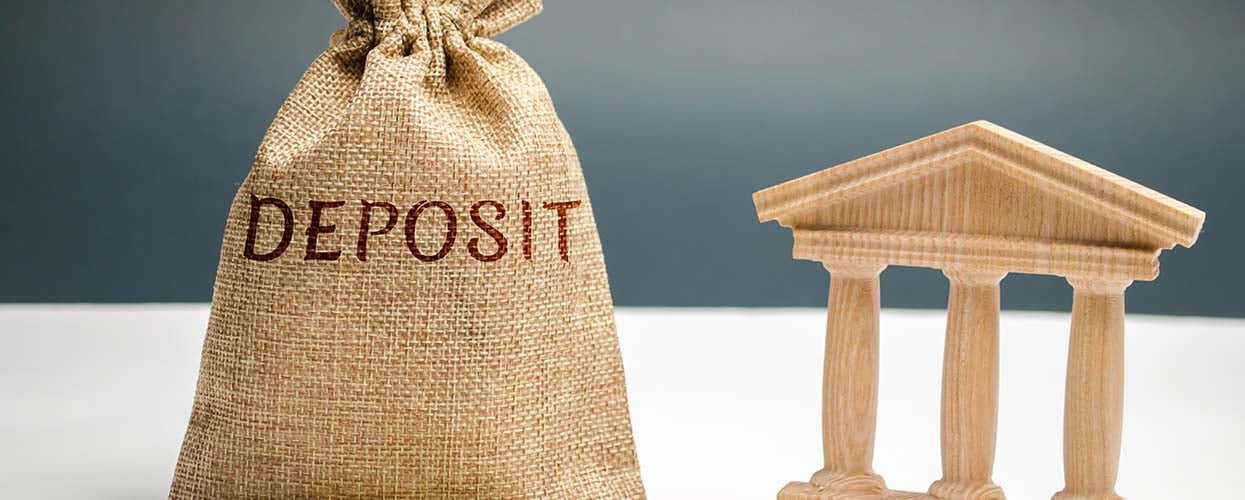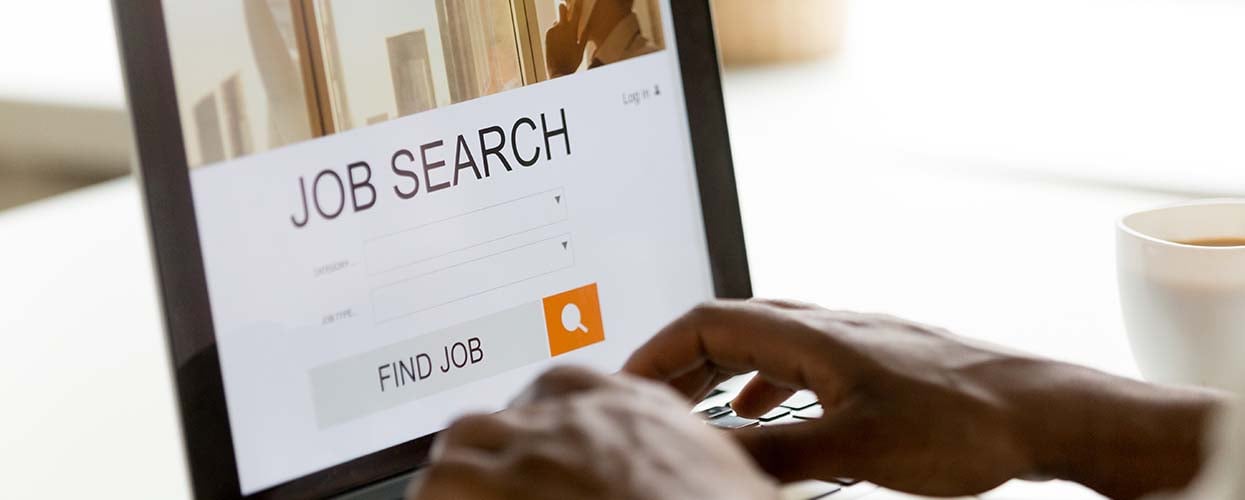Making the decision to purchase a home is one of the most significant financial choices you’ll ever make. It’s not just about your finances, though. Several factors come into play when determining whether it’s the right time to buy a home, including your age, the current real estate and mortgage market, and your future plans.
So, the question is: Should you rent or buy a home? Let’s find out by asking yourself these essential questions.

What are Your Future Plans?
In the short term, renting is often the more budget-friendly choice. It comes with fewer upfront costs—typically, just first and last month’s rent, a monthly utility bill, and moving expenses.
On the other hand, buying a home involves various expenses. Even after saving for the down payment, you’ll need to cover additional costs like land transfer taxes, legal fees, and possibly closing costs. Once you’ve moved in, your monthly expenses will likely exceed what you’d pay in rent.
Consider how long you plan to stay in your current location. If you intend to settle down for the long haul, buying may be the right decision. However, if you foresee a shorter stay, renting might be significantly more economical.
There are exceptions to this rule, particularly in metropolitan areas with rapidly rising property values. In such cases, buying early could lead to substantial gains. But predicting the real estate market is always a gamble, so take the approach that aligns with your comfort level for risk.

How Old Are You?
Your age plays a crucial role in this decision. If you’re in your twenties, you might still be exploring relationships or career opportunities that could lead to relocations. In such cases, renting provides more flexibility.
However, as you progress into your thirties and establish yourself in your career and personal life, buying a home may become a more attractive option.
Most people spend their twenties saving to buy a home in their thirties. But the sooner you determine where you want to settle and what kind of lifestyle you desire, the sooner you can consider home ownership.

How Much Does it Really Cost?
Homeownership comes with various fees, as we’ve discussed. It’s crucial to crunch the numbers yourself to understand the true cost of buying versus renting.
Costs associated with buying include the down payment (usually around 20% of the home’s purchase price), legal fees, land transfer fees, closing costs (for new builds), and moving expenses.
Additionally, you’ll need to furnish your new home, potentially invest in window treatments, and take care of any necessary renovations or repairs. Owning a home also means budgeting for ongoing expenses like mortgage payments, property taxes, maintenance fees (for condos), and utilities. Plus, it’s wise to set aside funds each month for future home repairs or maintenance, such as roof or furnace replacements.
Depending on your savings, local rent prices, and your future financial outlook, you’ll need to evaluate which option makes more sense in the long run.

Are You in High-Interest Debt?
If you’re burdened with high-interest debt like car loans or credit card balances, it’s often wiser to prioritize paying off that debt before saving for a home down payment. Taking on a mortgage while carrying substantial existing debt could worsen your financial situation and limit your ability to secure a favorable interest rate.
Clearing your high-interest debts first and then saving for a down payment is a prudent financial strategy.

Do You Have the Down Payment Saved?
Having between 10% and 20% of the home’s purchase price saved for a down payment will significantly affect your monthly payments. Putting down as much as possible will keep your ongoing costs lower. If you can’t muster at least 20%, you’ll likely have to pay for mortgage insurance, which increases your monthly expenses.
Examine your current savings, calculate how long it’ll take to accumulate a sufficient down payment, and start your home search once you’re financially prepared.
Another option, if you’re comfortable with it, is to ask your parents for a loan, with the intention of repaying them monthly. This approach can help you enter the market sooner.

Is Your Job Stable?
The stability of your job and career plans should factor into your decision. If you’re secure in your current job, plan to stay in your current city, and have confidence in your career trajectory, buying a home is likely a sound choice.
Conversely, if your work involves contracts, seasonal employment, or if you’ve just started your career and are open to relocating, it’s prudent to hold off on home buying until your future is more certain.
Conclusion
While it may seem like the obvious choice to build equity and capitalize on future appreciation, purchasing a home may not always be the best option.
If you’re in the early stages of your career, grappling with other debts, lack a sufficient down payment, have an uncertain job situation, or are contemplating a move, renting might be the better choice until you’re in a more stable and confident position regarding your future.


